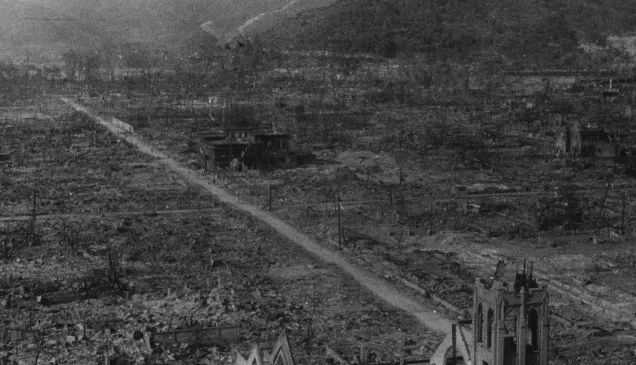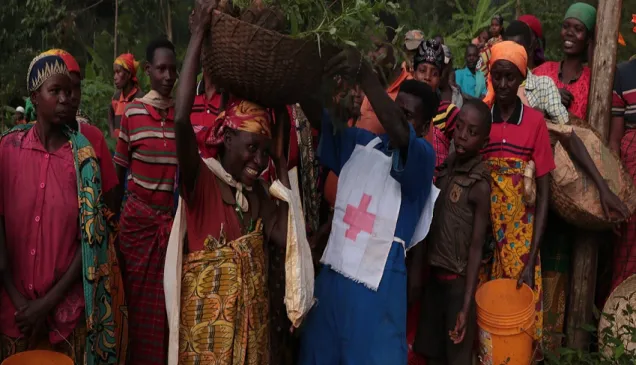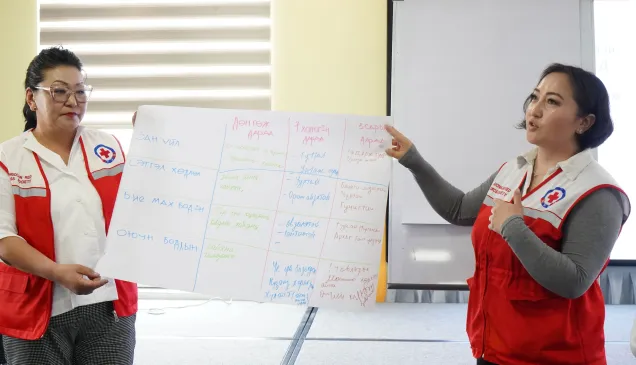Remembering Hiroshima: Should it ever be the future of humanity?
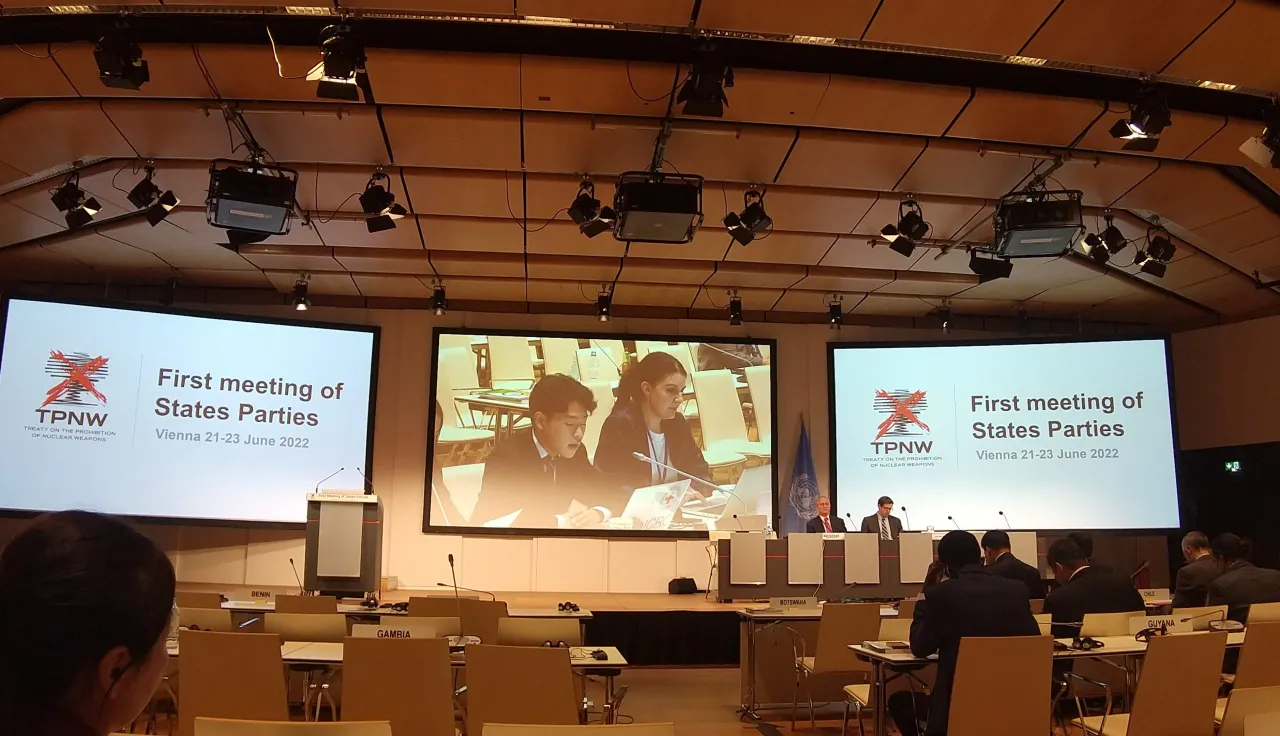
Today, it will be 78 years since an atomic bomb was dropped on the city of Hiroshima, Japan. The impact of a single bomb was unimaginably catastrophic. It devastated the city and the death toll reached 140,000 by the end of 1945, increasing further to 320,000 since. The population of Hiroshima was around 350,000 before the bombing. Another atomic bomb dropped on Nagasaki three days later, on 9 August, had an equally devastating impact on the people of Nagasaki.
Keita Takagaki, a university student from Hiroshima and the great-grandson of two doctors who were involved in relief work in Hiroshima and Nagasaki in the immediate aftermath of the bombings, has been advocating a total ban on nuclear weapons.
He has also attended the First Meeting of the States Parties to the Treaty on the Prohibition of Nuclear Weapons (TPNW) in June 2022 and the G7 Youth Summit in April 2023 as youth representative of the International Committee of the Red Cross (ICRC).
When the atomic bomb hit Hiroshima in 1945, it claimed the lives of over 140,000 civilians.
It's been 78 years, but nuclear threats are still apparent. We can never allow it to happen again #NuclearBan pic.twitter.com/rg1c6C4ESU— ICRC (@ICRC) August 6, 2023
G7 Youth Summit
The Hiroshima G7 Youth Summit brought together around 50 young people from 19 countries, including the G7, in Hiroshima for three days from 25 to 27 April. Participants learned about the international situation regarding nuclear weapons and international law, visited the Hiroshima Peace Memorial Museum and met with hibakusha.
Participating as ICRC's youth representative, Takagaki shared the experience of Marcel Junod, former head of the ICRC delegation in Japan, who had delivered 15 tonnes of medical supplies to Hiroshima and treated many hibakusha. Takagaki also expressed concern that the issue of nuclear weapons is treated as a global political issue and the discussion of human dignity is left behind. "Do you still believe that nuclear weapons can guarantee our safety, even after coming to Hiroshima and learning about the reality of the use of nuclear weapons and hearing the experiences of the hibakusha," he asked.
Meeting a former nurse and an A-bomb survivor from Hiroshima
Takagaki met 93-year-old Teruko Ueno, an atomic bomb survivor, right after the Youth Summit, when he visited Hiroshima with Jordi Raich, then head of the ICRC delegation in Japan. Going over her memories of the bombing, Ueno told Takagaki that she was only a 15-year-old second year student at a relief work and nursing training institute at the Japanese Red Cross Hospital in Hiroshima when the bomb was dropped.
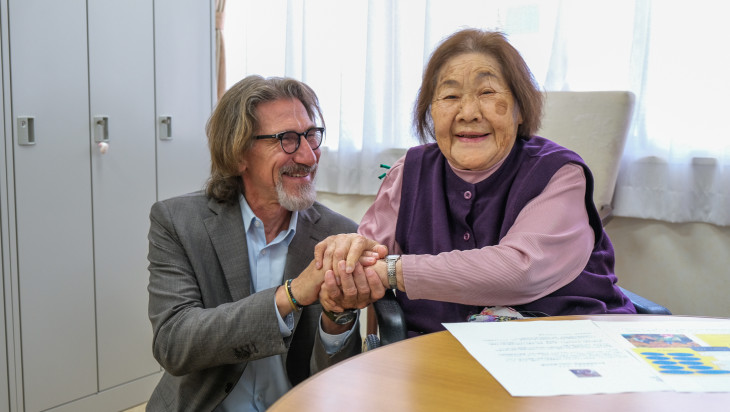
Jordi Raich, former ICRC head of delegation in Japan, meeting with Teruko Ueno, an A-bomb survivor. ICRC
"That morning everyone went back to work after the air raid alert was cancelled. But we all felt that something was strange because we saw a B-29, a fighter jet, fly over us immediately afterwards. Anyway, I resumed disinfecting crockery and other items between the day room and the kitchen. We were handling a dysentery outbreak at the hospital. That was when I saw a flash of light. I remember thinking, 'Why are they dropping flares? It's still early in the morning.' Then there was the sound of an explosion. I immediately ducked under my desk. Immediately after that, patients started screaming for help," Ueno told Takagaki.
She rushed to the head nurse's office and looking out of the windows saw that all the houses near the hospital were on fire. Many people came to the hospital with burns on their upper bodies, but the situation was dire and there was little medicine to treat them. All Ueno could do was remove the maggots from the patients' wounds and apply antiseptic.
There was also a shortage of food. "One day, a container of cooked rice was brought in from the kitchen. We noticed that the rice was covered with live flies, but we ate it anyway because we had nothing else to eat," Ueno shared.
One day Ueno's father came to see her in Hiroshima and persuade her to return home with him. But she didn't. "I decided to stay because I wanted to be there for the sick and wounded. I worked around the clock for another month-and-a-half, taking care of the wounded," Ueno said. She graduated from the nursing institute in 1946 and continued to work at the hospital as a nurse for another six years.

(Left) Teruko Ueno when she worked at the Japanese Red Cross Hospital in Hiroshima; (Right) Ms Ueno today. ICRC
"Hiroshima A-bomb survivors have often used the phrase 'put it back the way it was'. The survivors of Hiroshima and Nagasaki lost their loved ones, their hometowns, their health and their future to a single bomb. However, the suffering didn't end there. It was also carried forward to all the people in all areas affected by nuclear testing," said Takagaki.
At the Second Meeting of the States Parties to TPNW to be held in November 2023, Takagaki aims to once again raise the question of what nuclear weapons do to people. "I would like to create a space where more people can learn concretely about the different harmful consequences of nuclear weapons," he said.

